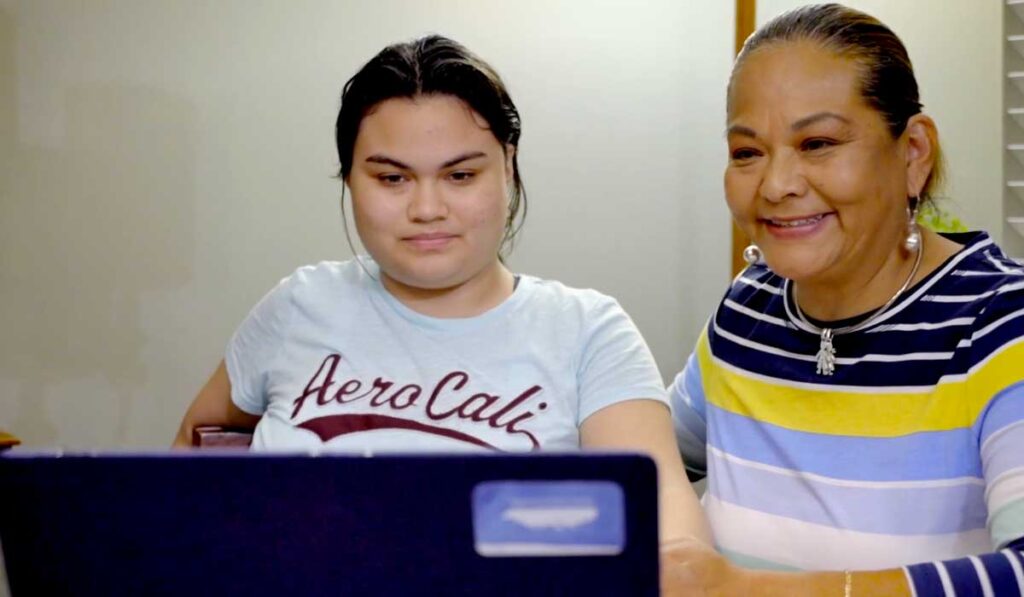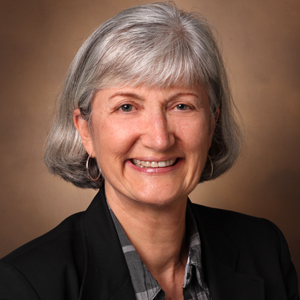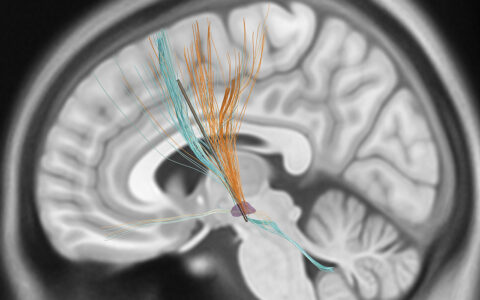Government agencies, employers large and small and various nonprofits have all been churning out messages that address COVID-19 vaccine hesitancy. But most of these public service announcements left Vanderbilt University Medical Center neurologist Beth Ann Malow, M.D., singularly unimpressed.
Malow, Burry Chair in Cognitive Childhood Development, was determined to create something better.
She and colleagues at Vanderbilt have since developed two videos related to vaccine confidence specifically for people with intellectual and developmental disabilities (IDD) and their families; one is offered in both Spanish and English.
“When our patients and their families receive information from programs like these that they see as trusted partners, it is much more accepted.”
“I was concerned about the tone in some of the ads and videos,” Malow said. “Someone says, ‘I got the vaccine. You should get the vaccine. It’s the right thing to do.’ ”I wouldn’t find that compelling if I was hesitant about getting the vaccine.”
A Different Kind of Hesitancy
Elise McMillan, J.D., co-director of the Vanderbilt Kennedy Center for Excellence in Developmental Disabilities, worked with Malow on the videos and appears in one with her adult son, Will, who has Down syndrome.
She concurred about the need to avoid a judgmental tone. “We have to meet people where they are,” McMillan said. “The last thing we need to do is to preach at them yet again for not getting vaccinated.”
Often, doubts that trouble people with disabilities and their families are different from those that concern people without disabilities. For example, like members of other minority populations, individuals with disabilities may wonder whether their peers were included in research trials.
“Patients and their caregivers ask, ‘Did the trials include people with this kind of disability,’” Malow said. “It’s an important kind of hesitancy.”
Funding for the videos came from the U.S. Department of Health and Human Services by way of a grant to support COVID-19 vaccination efforts from the Administration for Community Living.
Acknowledging Neurodiverse People as Decision-Makers
In the 80-second video featuring Will McMillan, the younger man’s perspective comes into focus as he talks about the COVID-19 vaccine.
“I wondered was it safe for me and other people with Down syndrome,” Will says.
The video shows him consulting a physician, Althea Shelton, M.D., associate professor in the Department of Neurology at Vanderbilt.
“I felt a lot better after she explained that the vaccine teaches our body how to fight COVID and doesn’t stick around long-term,” he adds, rolling up his sleeve for the injection.
“We have to meet people where they are. The last thing we need to do is to preach at them yet again for not getting vaccinated.”
Finally, the video shows Will hanging out with friends, sharing a pizza. “Educating myself about the vaccine was important,” he says. “And I’m really glad I got the support to do that.”
Getting Real About Fears
A second video, available in English and Spanish, features a Hispanic mother named Luz Belleza-Binns and her teenage daughter Mía Binns, a patient of Malow’s with autism spectrum disorder. In the video, Luz describes her research into the vaccine, which was helpful in allowing Mía to knowledgeably choose to accept the vaccine.
“Patients and their caregivers ask, ‘Did the trials include people with this kind of disability. It’s an important kind of hesitancy.”
“There is concern in my community about government surveillance,” she says. “My doctor gave me articles to read so I could make up my own mind on how to talk to my daughter so she could decide what she wanted.”
The videos all focus on how a person with IDD can have agency in deciding to be vaccinated and following through on that decision.
Featuring a Widely Useful Toolkit
In one scene, Luz and Mía sit together and review an educational toolkit, materials developed by Malow to help people with IDD prepare for any kind of needle stick.
“People are more relaxed knowing what the steps are,” Malow said. “The toolkit explains them.”
Tips for preparing someone for a needle stick include suggested dialogue, such as: “You’ll get a cool feeling from a little white pad on your skin, then there will be a tiny pinch, and after you’ll go get ice cream.”
Partnering for Distribution of the Videos
“We have strong working relationships with several community disability agencies in Tennessee, and we’ll be working closely with them on distribution,” McMillan said. These agencies include Disability Rights Tennessee, the Tennessee Disability Coalition, the University of Tennessee Center on Developmental Disabilities in Memphis and the Tennessee Council on Developmental Disabilities.
The Vanderbilt team will also share the videos with members of Tennessee’s statewide community advisory council, which includes people with and without disabilities.
“When our patients and their families receive information from programs like these that they see as trusted partners, it is much more accepted,” McMillan said.






